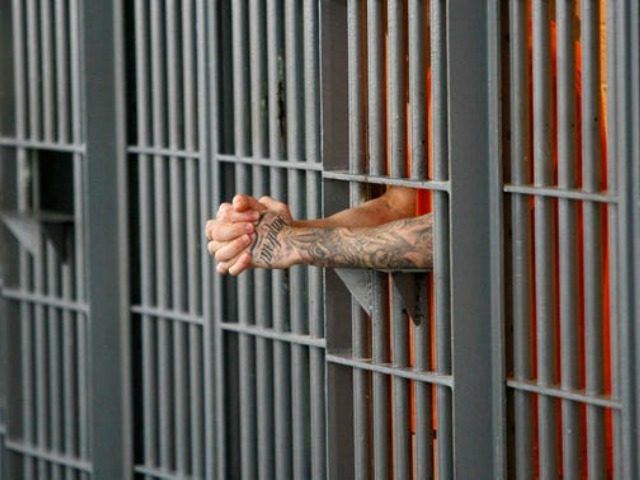Washington, DC, could become the first jurisdiction to restore voting rights for prisoners after a majority of its council-members on Tuesday backed bills to give incarcerated individuals voting rights and the ability to vote via absentee ballots.
Council-member Robert White (D) introduced legislation that would give voting rights to “residents convicted and imprisoned for committing felonies.” Another bill would allow D.C. residents in federal prisons to vote with absentee ballots.
According to WAMU, “while D.C. felons automatically regain the right to vote once they leave prison, a law dating back to 1955 automatically strips that right upon conviction.” Vermont and Maine have always allowed incarcerated individuals to vote.
The movement to give prisoners voting rights got momentum and national attention after Sen. Bernie Sanders (I-VT) said at a CNN town hall event that even terrorists like the Boston Bomber should retain their voting rights.
According to the Washington Post, national advocates are hoping that D.C. “could elevate prisoner voting from the fringe of the felon enfranchisement debate.” Nicole Porter, the policy director of the Sentencing Project criminal justice advocacy group, told the outlet that “this would be a significant example that other states and jurisdictions could point to.”
White, who introduced the legislation, also said he hopes D.C. could spur more legislators to give voting rights to prisoners, tweeting: “I know we can get this passed & I hope our progress inspires other jurisdictions to follow!”
Today, I intro’d a bill to restore voting rights to DC residents incarcerated w felony convictions. I thx the @councilofdc & @AGKarlRacine for supporting this bill. I know we can get this passed & I hope our progress inspires other jurisdictions to follow! #restorethevotedc pic.twitter.com/Kw34Q2LeCX
— Robert C. White, Jr. (@RobertWhite_DC) June 4, 2019
“I do think this bill will be a turning point for the country, because this will force people to reexamine their preconceived notions about what rights incarcerated people deserve. Because of these laws, one in 13 black people has lost the right to vote in this country,” White reportedly said. “And in D.C., 92% of incarcerated people are African American, so we know these policies are having a disproportionate impact. There are millions of people who could be and should be able to play a role in the political process.”
I would argue that this oversaturation reflects deeply inequitable laws. And the people bearing the great brunt of these inequitable laws have no voice, no vote with which to hold officials accountable. #RestoreTheVoteDC https://t.co/X2PWOC3zBD (2 of 2)
— Robert C. White, Jr. (@RobertWhite_DC) June 4, 2019

COMMENTS
Please let us know if you're having issues with commenting.